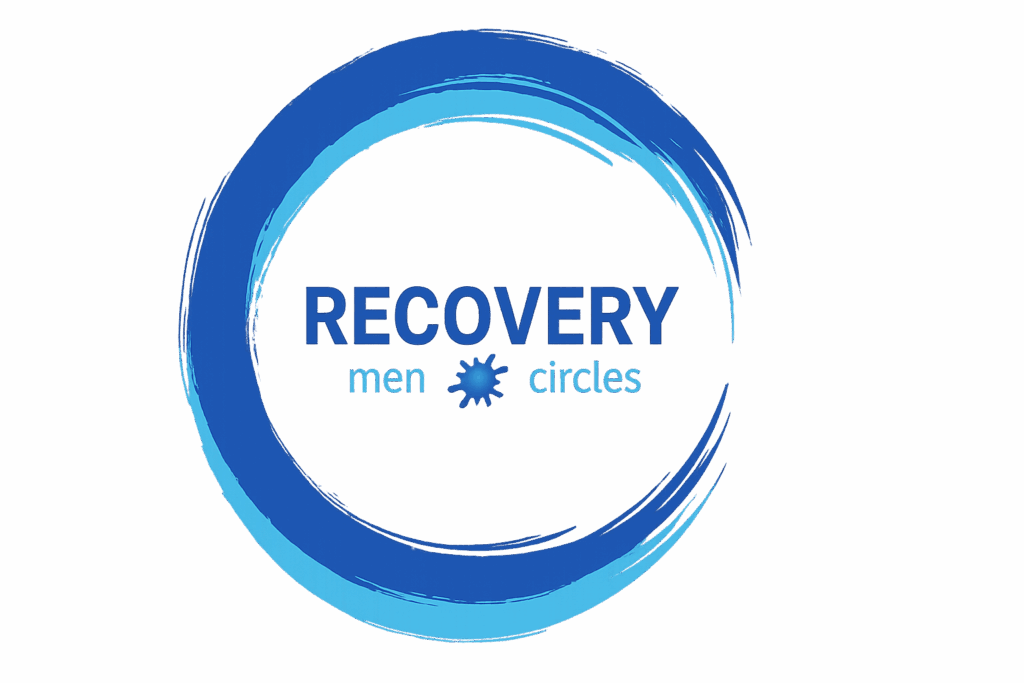Co-Occurring Disorders Treatment in Philadelphia
Compassionate Support for Dual Diagnosis Recovery. Contact us or continue reading to learn how Men’s Sober House Philadelphia provides effective therapies and support for individuals facing both mental health and substance use challenges.
You can also call us at (267) 412-3425
Featured In





“
I finally feel like I have a future. These people believed in me when I couldn’t.
– John L.
“
What I found here wasn’t just recovery housing in Philadelphia, it was a group of people who truly cared if I succeeded. They held me accountable and helped me rebuild.
– Tony F.
“
As a single mom, I needed a place I could trust. This affordable sober home in Philadelphia gave me that and more. I’m forever grateful.
– Jasmine T.
See more of our success stories
If you or a loved one is facing both a mental health condition and substance use challenges, you’re not alone and help is available. At Men’s Sober House Philadelphia, we understand how overwhelming it can feel to manage multiple diagnoses. That’s why we provide compassionate support and guidance for individuals navigating co-occurring disorders, also known as dual diagnoses.
Co-occurring disorders happen when a person is living with both a mental health condition such as PTSD, anxiety, depression, or bipolar disorder and a substance use disorder, like alcohol or drug addiction. These conditions often feed into each other, making treatment more complex and requiring a well-coordinated, integrated care approach.
At Men’s Sober House Philadelphia, we specialize in helping individuals manage both sides of the recovery journey through counseling, peer support, relapse prevention strategies, and mentoring all in a safe, supportive environment. With sober living residences in Philadelphia neighborhoods like Fishtown, Mt. Airy, and Logan, our community is built to empower real, lasting change.
You can also call us at (267) 412-3425
What Are Co-Occurring Disorders?
Co-occurring disorders refer to the presence of both a mental health condition and a substance use disorder in the same person. Common examples include alcohol dependence combined with anxiety, or opioid addiction alongside depression or PTSD. Because symptoms can overlap, these disorders often go undiagnosed or worse, untreated.
At Men’s Sober House Philadelphia, we take a personalized approach to co-occurring disorders. Our team works closely with residents to evaluate their unique experiences, identify any underlying trauma, and develop a recovery plan tailored to their specific needs. We incorporate evidence-based methods such as:
Cognitive Behavioral Therapy (CBT)
Dialectical Behavior Therapy (DBT)
Integrated anxiety and trauma treatment
Post-rehab mentorship and life skills training
We recognize that no two individuals are alike, and we believe that recovery should be as unique as the person going through it.
Does Men’s Sober House Philadelphia Provide Clinical Treatment?
While Men’s Sober House Philadelphia does not directly offer medical detox, clinical therapy, or medication-assisted treatment, we play a vital role in the after-care process. Our structured sober living homes provide the stability, accountability, and emotional support that are often most needed after inpatient rehab or intensive outpatient treatment.
Through our strong partnerships with trusted providers like The Heights Treatment, we can connect you to licensed clinicians who specialize in co-occurring disorder treatment. Our team works hand-in-hand with these providers to ensure that each client receives the clinical care they need while continuing their recovery journey in a sober, structured environment.

Men’s Sober Livings

Outpatient Treatments

Individualized Intensive Program

Men’s Sober Companions
What Causes Co-Occurring Disorders?
Co-occurring disorders can develop due to a combination of biological, environmental, and emotional factors. Here are some of the most common contributors:
Trauma and Environmental Stress
Past abuse, neglect, or high-stress life situations often contribute to the onset of mental health challenges. Many individuals turn to substances as a way to cope.
Family History and Genetics
People with a family history of mental illness or addiction are at increased risk of developing co-occurring disorders.
Existing Mental Health Conditions
Anxiety, depression, or other psychiatric conditions can worsen if left untreated, leading to self-medication with alcohol or drugs.
Substance Use
he regular use of substances can alter brain chemistry over time, increasing the likelihood of developing a mental health condition or exacerbating an existing one.
Who Is Most at Risk for Developing Co-Occurring Disorders?
Co-occurring disorders where someone experiences both a mental health condition and a substance use disorder can be especially complex to treat. Individuals who already struggle with mental illness are at greater risk, as they may turn to drugs or alcohol in an attempt to manage emotional distress. Sadly, this often makes things worse, deepening the severity of both conditions.
One group particularly vulnerable to co-occurring disorders is youth and young adults. These are critical years for emotional and neurological development, making early intervention essential. Without timely support, the effects of dual diagnosis can include self-harm, frequent relapse, and stalled emotional growth.
At Men’s Sober House Philadelphia, we recognize the importance of early action and structured support. Our sober living environment offers not just a safe space but the community and accountability needed to interrupt this cycle and promote lasting wellness.
Why Do Mental Health Challenges Often Lead to Substance Use?
Living with a mental health disorder can feel overwhelming, isolating, and at times hopeless. When those feelings become too heavy, some people turn to substances like drugs or alcohol to cope or feel temporary relief. But this short-term escape often turns into long-term harm.
Self-medicating with substances may seem to help in the moment, but it usually worsens the very issues a person is trying to escape. Over time, substance use can lead to more severe psychiatric conditions such as borderline personality disorder, and even trigger serious physical complications like liver damage, weakened immunity, or cognitive decline.
That’s why early intervention is so critical. At Men’s Sober House Philadelphia, we help individuals recognize these patterns and connect them with trusted therapeutic providers for dual diagnosis support. Through community, mentorship, and structure, our sober living homes create a space for recovery not just from addiction, but from the emotional burdens that often come with it.
What Treatments Work Best for Co-Occurring Disorders?
Effective treatment for co-occurring disorders requires an approach that addresses both the mental health condition and the substance use disorder. Nationally recognized programs and evidence-based practices recommend either starting with integrated care or stabilizing the substance use disorder before treating the mental health component.
Once a professional dual diagnosis is made, a personalized treatment plan can be developed. These plans often include:
Behavioral therapies like Cognitive Behavioral Therapy (CBT) or Dialectical Behavior Therapy (DBT)
Relapse prevention and life skills coaching
Medication management when necessary
Ongoing support and peer accountability in a structured living environment
At Men’s Sober House Philadelphia, we partner with certified treatment providers to ensure our residents receive the professional help they need while continuing to build healthy habits and emotional resilience through our sober living program.
Ready to Take the Next Step?
Co-occurring disorders don’t have to define your future. At Men’s Sober House Philadelphia, we offer a caring and consistent recovery environment that supports both mental health and sobriety. Whether you’re just leaving treatment or rebuilding after a setback, our structured sober living homes provide the community and support you need to stay grounded and grow stronger one day at a time.
Call our recovery specialists at Sober House Philadelphia today at (267) 412-3425 or fill out our contact form to learn more about how Men’s Sober House Philadelphia can help you or someone you love reclaim their life. Healing starts with the right support and we’re here when you’re ready.

